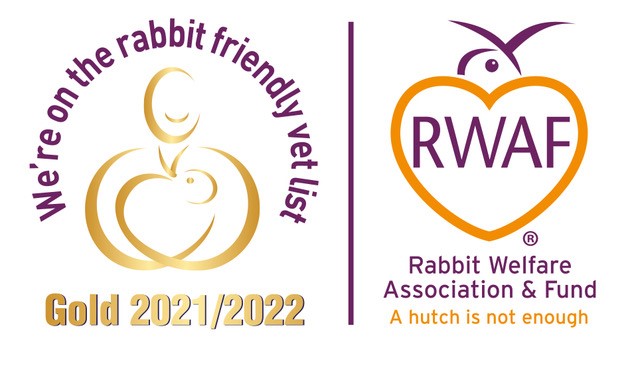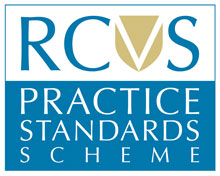Hello again , welcome to the second edition of the Anton vets newsletter.
Spring is a time for new beginnings and we certainly have had that this month with the opening of the new extension to the premises. Many of you joined us for the practice open day on Sunday 1st April , I hope you agree it was great fun and a chance to explore the new layout and see our exciting new rabbit and reptile wards , even more consulting rooms and the spacious new waiting room. If you didn’t manage to come to the open day and would like a tour then please ask and we can arrange for someone to show you around.
NEWS
John Chitty has joined the team and his exotic pet consultancy is now based here at Anton vets , appointments to see John can be arranged through reception.
We have welcomed 2 new nurses in the last few months, Kirsty Thorner and Gemma Clinch. Kirsty is coming to the end of her training soon and Gemma has been a qualified veterinary nurse for 3 years.
Sarah Marshall will be joining our reception team part time from the beginning of April.
NEW ARRIVALS
Spring is the time for new arrivals and some of you may be considering a new addition to the family in the form of a puppy or kitten. Consequently we are offering some advice on what to try and look out for when you are looking to get a new puppy or kitten.
It is always a good idea to try to do some background research before you decide on the particular breed of dog or cat that would suit your family. Speaking to friends with similar breeds and also breeders themselves can help your decision. Finding a reputable breeder is also very important so you can ensure the parents have had all the necessary checks and your new puppy has the best chance of a happy healthy life. For example hip and elbow scoring, eye checks for breed specific hereditary diseases and other more breed specific tests.
You may also like to consider giving a home to a rescue animal, most rescue centers can advise you on the character of the animal and allow you to spend time with them so you can decide if they are the pet to fit into your family.
IDENTIFYING YOUR PET
Identichipping our pets has become common practice these days and many people with a new puppy or kitten will have an identichip implanted during a vaccination appointment at the surgery. The cost of an identichip is still very reasonable as a way of permanently identifying your pet and a chip can prove very important especially if a pet is brought in stray or injured and allows rapid reuniting of a distressed pet and its owner.
If you are considering taking your pet on holiday with you and especially abroad then an identichip is essential because a pet passport cannot be issued without one.
Other more exotic pets such as birds and tortoises can also be chipped for identification purposes.
The unique log number for your pet is connected to a central database where your details are also stored. Remember to check details with this central base if you move house or take on a new pet which already has a chip.
Our nurses are available at most times during the day to provide you with information or to implant a chip for you.
FLEAS and TICKS
Unfortunately fleas are with us and our pets all year round so it is important to establish a good routine for flea treatment especially if your pet is allergic to fleas. Flea allergy can quickly cause your pet to start licking.biting and chewing making their skin sore and irritated and skin infections can occur making the irritation worse and the pet feel uncomfortable. Tapeworm can also be associated with fleas and can infect your pet if it ingests a flea while grooming.
There are many good flea products available the once monthly spot on products such as advocate are usually very effective and easy to apply. If you find your pets makes things tricky for you then the nurse are happy to apply advocate for you in a nurses consult and will weigh your pet too to make sure the dosing is correct.
Ticks can be annoying for pets and owners and can be a vector or carrier of Lymes disease. Depending on the area in which you live or walk your dog you may or may not find ticks a problem. The occasional tick can be dealt with using a special tick removing device which we have in reception they are extremely easy and effective to use and are not painful to your pet. If ticks are a big problem for your dog Advantix can be a useful spot on product to treat flea and ticks.
Special insecticidal collars are also available on order from the practice especially if you are taking your pet abroad with you, these can help to repel ticks and sandflies which can be carriers of disease. Please check the defra website or ask our vets if you are unsure when travelling abroad.


